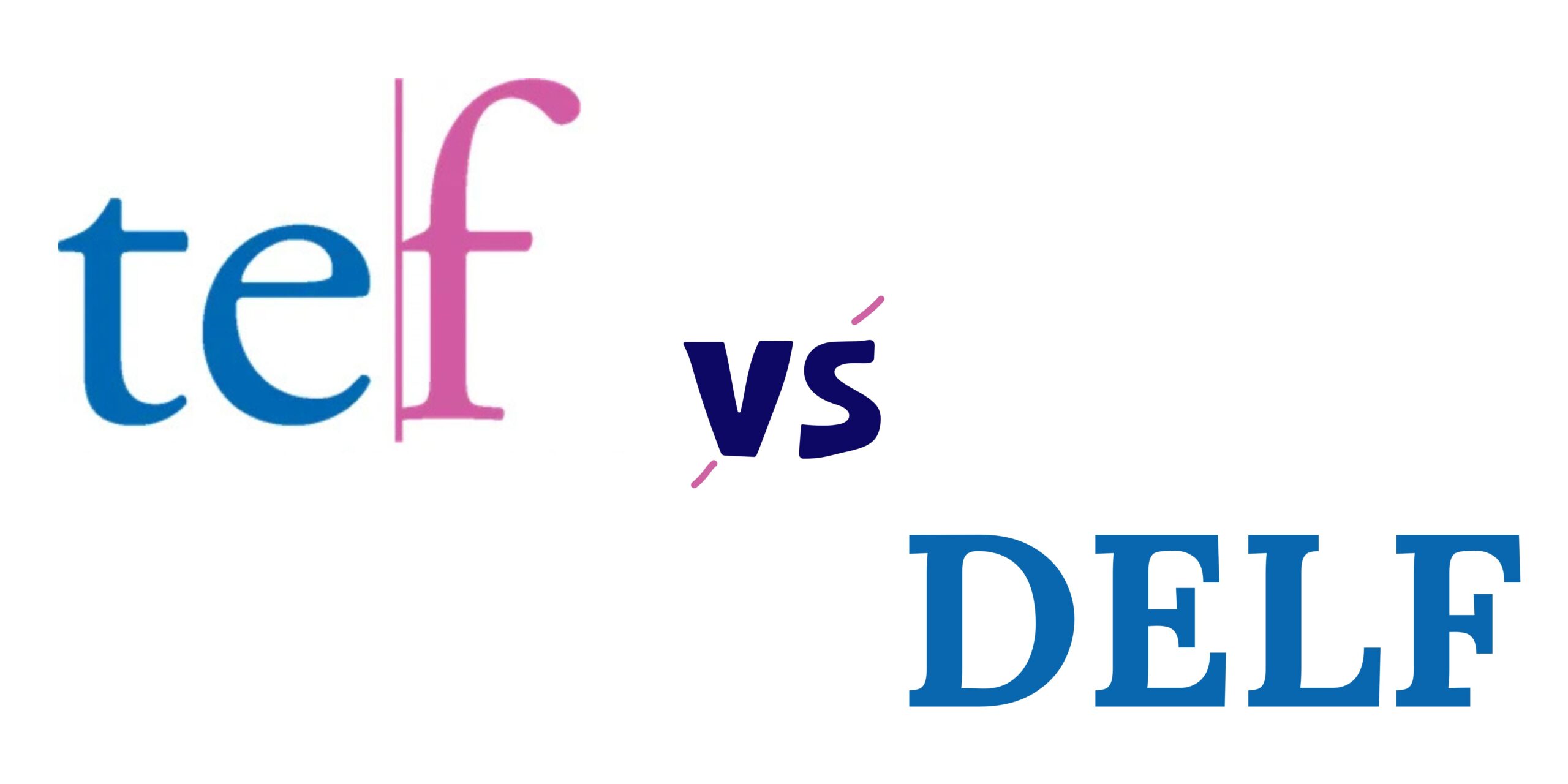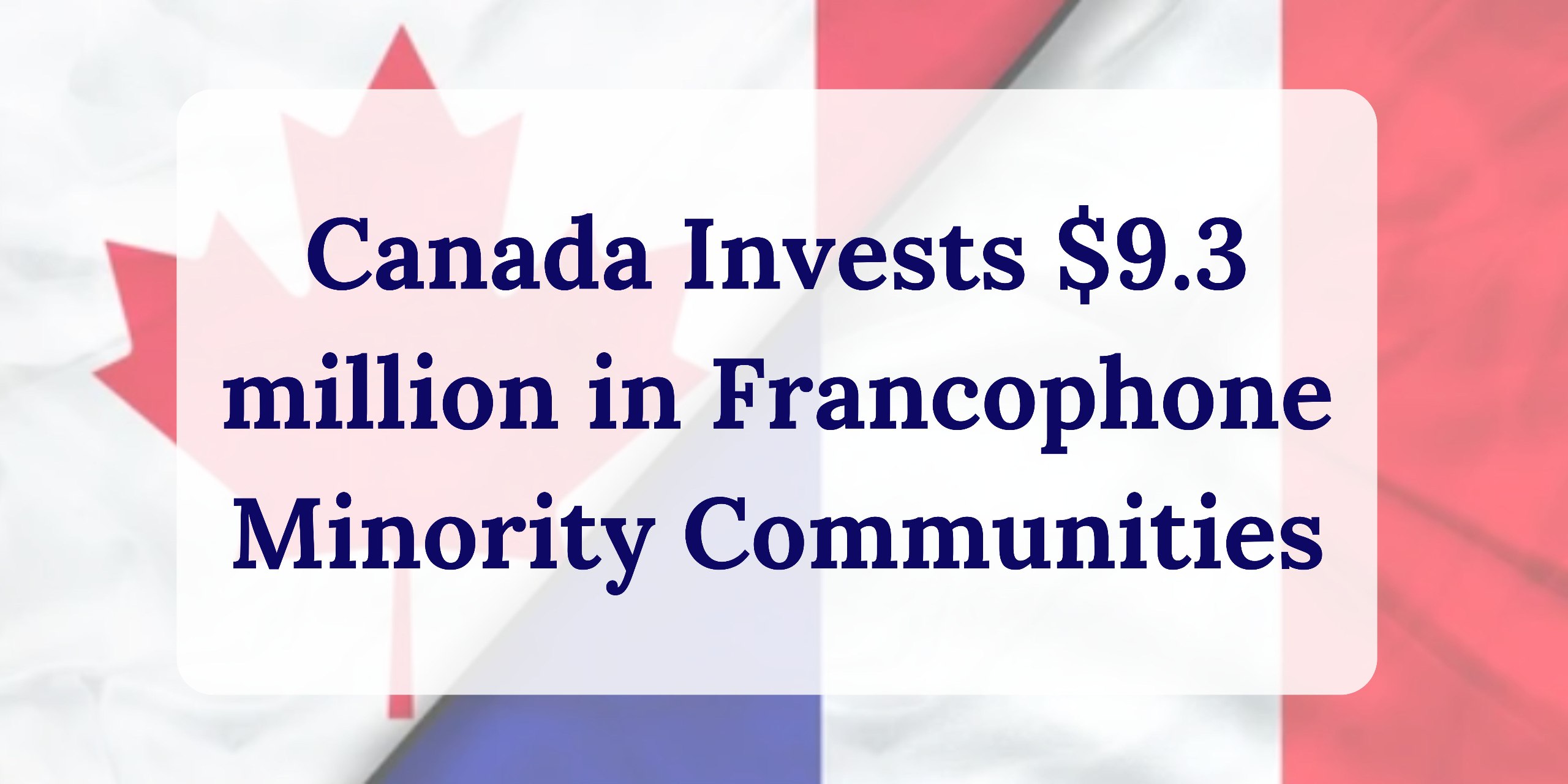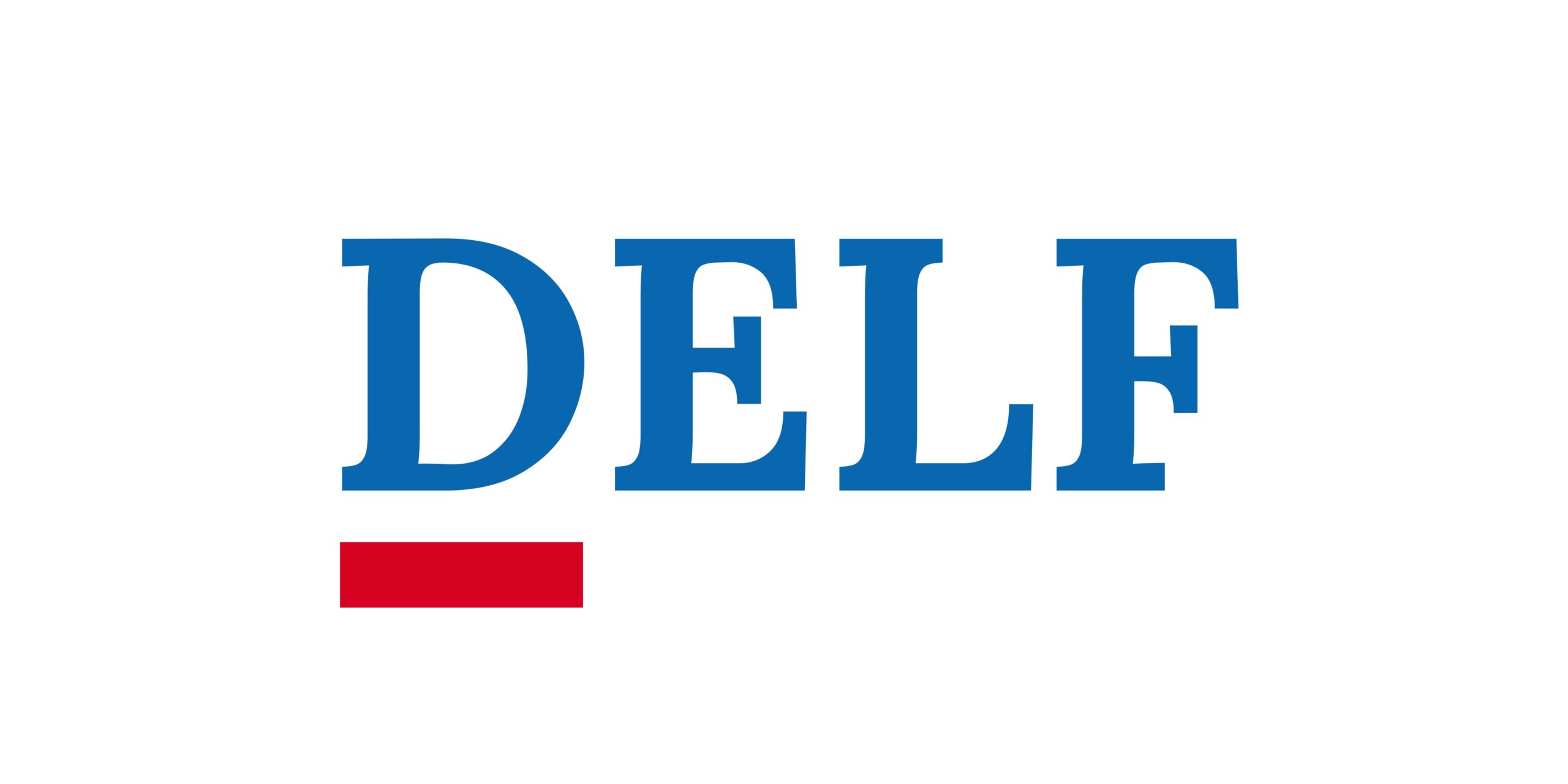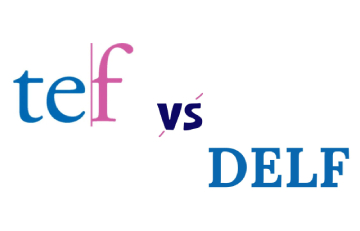
Purpose and Recognition
The DELF is an internationally recognized diploma that evaluates French language skills according to the Common European Framework of Reference for Languages (CEFR). It is widely accepted for academic, professional, and immigration purposes, particularly in France and French-speaking countries. Notably, a DELF B1 certificate is a prerequisite for obtaining French nationality, while a B2 level facilitates admission into French universities.
On the other hand, the TEF is a standardized language test that serves various purposes, including immigration to Canada and Quebec, university admissions, and employment in French-speaking environments. The TEF is recognized by Immigration, Refugees and Citizenship Canada (IRCC), the Quebec Ministry of Immigration, and other French institutions. Unlike the DELF, the TEF has a limited validity period of two years, making it suitable for temporary requirements such as visa or residency applications.
Not sure where to start? Check your current level of French with a free test from eTalk School! Take the test now to find out your strengths and areas for improvement.
Exam Structure and Format
Both the DELF and TEF assess reading, writing, listening, and speaking skills, but their structures and formats differ.
DELF Exam Structure
Divided into four proficiency levels: A1, A2, B1, and B2.
Each level is an independent diploma, and candidates can choose the level they wish to take.
The test includes four sections:
• Listening – 25-30 minutes
• Reading – 30-60 minutes
• Writing – 30-60 minutes
• Speaking – 7-20 minutes, with preparation time for B2 level
Important: The timing of the exam, the content and question types of the test sections depend on the DELF level you have chosen.
The test is worth 100 marks, with a maximum of 25 marks for each section. To pass the exam, candidates must achieve a total score of at least 50 and score at least 5 points in each section.
Want to learn more about the DELF certification and how it can benefit you? Click here to explore: DELF Certification.
TEF Exam Structure
Adaptive in nature, covering levels from A1 to C2.
Includes four to five components depending on the version of the test:
• Reading comprehension – 1 hour
• Listening comprehension – 40 minutes
• Vocabulary and syntax – 30 minutes (this section only in TEF Études)
• Written expression – 1 hour
• Oral expression – 15 minutes
Important: The duration of the exam depends on the version of the TEF test. The number of required tests varies based on the test’s purpose and version.
For example:
TEF Canada:
Immigration to Canada: 4 tests required (reading, listening, writing, speaking).
For Canadian Citizenship: 2 tests required (listening, speaking).
TEF Québec (Immigration to Quebec): 1-4 tests required (reading, listening, writing, speaking), depending on the program. Tests can be taken separately.
TEF Études: 5 tests in total, but each institution determines the required tests.
TEF IRN: 4 compulsory parts.
TEF Evaluation:
• Correct answer: +1 point
• Incorrect/no answer: 0 points
• Scores are adjusted based on question difficulty.
• Score range: 0 to 699.
The scoring depends on the test’s purpose and version. Examples include:
– TEF Canada and TEF Quebec (TEFAQ): Score range: 0-699; levels A1-C2 (CEFR).
– TEF Études: A score of 400/699 or higher on all 4 written tests is required for entry into the first year of university.
– TEF IRN: Score range: 0-349; levels A1-B1 (CEFR).
Thinking about taking the TEF? Click here to learn more: TEF Language Test.
Unlike DELF, the TEF is a single test, and candidates receive a score reflecting their language proficiency.
Results are provided in a calibrated scoring format, mapped to CEFR levels.
Validity and Flexibility
One of the key distinctions between the two exams is their validity period. DELF certificates are valid for life, making them a long-term investment for academic or professional use. TEF results, however, are only valid for two years, meaning candidates may need to retake the test if required for immigration or other purposes beyond this period.
In addition, DELF exam results are usually available within one month, while an official diploma issued in France is sent within 3-4 months. TEF results, on the other hand, are sent within 2 weeks by email with access to a digital certificate.
In terms of flexibility, the TEF is more adaptable as it allows candidates to take different versions based on their objectives:
• TEF Canada for immigration and citizenship applications.
• TEF Québec (TEFAQ) for Quebec immigration.
• TEF Études for university admissions in France.
• TEF IRN for French residence and nationality applications.
The DELF, on the other hand, is structured as a series of fixed levels, requiring candidates to choose a specific exam level rather than receiving a comprehensive evaluation of their proficiency.
DELF also offers several versions of the test:
• DELF “tout public” for adults and teenagers, assessing language skills for personal or professional use.
• DELF Prim for children and DELF Junior/Scolaire for adolescents, with age-appropriate content.
If you’re considering other French proficiency tests, you can also find more information about the TCF test here.
Conclusion
Deciding between the TEF and DELF depends on individual goals:
– If you need certification for long-term use, such as academic admission or career advancement worldwide, the DELF B2 is an excellent choice.
– If you are applying for Canadian or Quebec immigration, the TEF Canada or TEFAQ is required.
– If you anticipate needing proof of French proficiency beyond two years, the DELF is preferable due to its lifetime validity.
– If you require a quick language proficiency assessment for visa or citizenship purposes, the TEF is a more practical option.
Want to prepare for the TEF or DELF? eTalk offers expert-led online lessons tailored to your goals. Get personalized guidance and improve your language skills with one-on-one interactive lessons.
Sign up for a trial lesson today!











